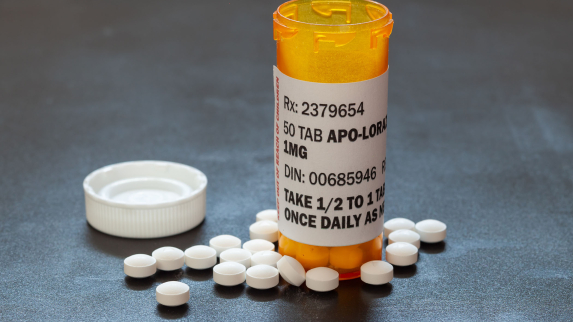A new study reveals that young patients treated with psychiatric medications receive potentially dangerous combinations with concerning frequency. Researchers from Rutgers Health and other institutions analyzed New York State Medicaid records for more than 141,000 patients receiving any psychiatric medication. Nearly 400 of them received at least one potentially dangerous combination t for one month or longer. Doctors refer to these as severe drug-drug interactions, and their use is typically considered “contraindicated” or recommended against.
Senior study author Lawrence Kleinman, professor of pediatrics at Rutgers Robert Wood Johnson Medical School, cautioned that while some children whose illness is resistant to usual treatments may receive more benefit than the risk from the combination, “Good practice demands that patients and caregivers be informed of and assent to risks and benefits, including informing them that the intended pair of medications is typically contraindicated.”
The study, published in BMC Primary Care, analyzed 2014 prescription data for New York Medicaid enrollees under 21. While the overall rate of these potentially dangerous combinations is small —about 3 in 1,000 children who filled any mental health medication prescription had at least one month of prescription overlap, and 5 per 1,000 had any overlap — these cases represent significant potential for harm or death. Kleinman noted that New York State Medicaid had previously implemented a program to reduce harmful drug interactions, suggesting numbers might be higher in other populations. To read the full story.

